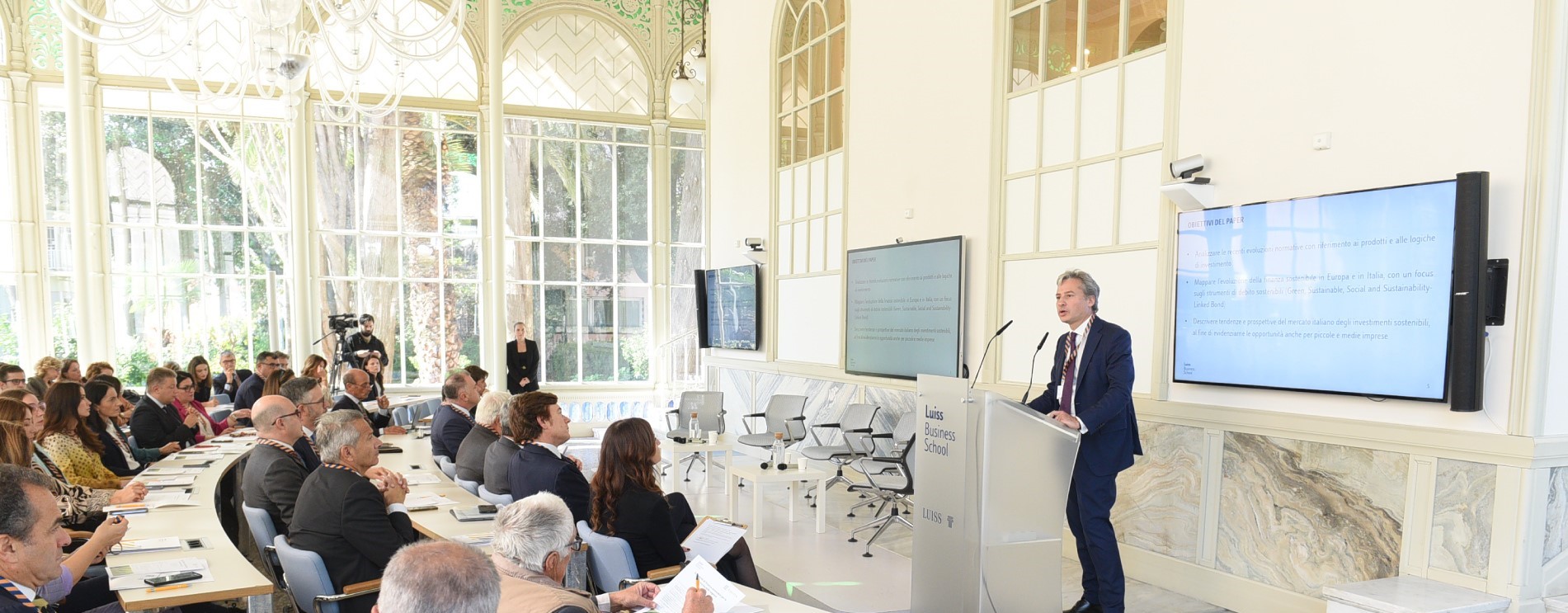(by Maria Elena Nenni, Director of the Master in Project Management | LUISS Business School)
8 October 2015

The interest surrounding the Project Manager figure is still high: after years of increasing popularity, the new UNI regulation on the role of the Project Manager caused further interest in the job thanks to the introduction of a Professional Association of Project Managers, as established by law 04/2013. This not only gives new value to this profession by qualifying it in the Italian legal framework, but it also broadens the job opportunities, especially for junior profiles who are interested in discovering what the role of a Project Manager (PM) is.
Before discussing the role and the figure of the PM we have to clarify the concept of project. A project is not, as traditionally believed, the tout-court creation of a complex good (a ship, a building, a bridge, etc.). It is rather something aimed to achieve one or several objectives with related specific benefits. Moreover, the project is not a delivery date, or a range of activities and tasks. The project becomes the satisfaction of an internal or external customer, that will be given the chance to correctly and fully enjoy the use of a well realised service or good, enjoying all the deriving benefits.
This broad vision of the concept of project implies the extension of its fields of application: a research program, the development of systems and technologies, the reorganization of internal processes are just some examples of projects in several sectors. In this context, the PM is responsible for the operational management of the project, but his job is not limited to a mere “technical supervision”.
The PM has to globally supervise the process which will assure the success of the project in terms of objectives and benefits. Consequently, the importance attributed to the management skills of the PM is ever growing, as he is responsible for the products’ quality, for the economic results, for the risks related to the project, for the coordination of all stakeholders, for the management of tangible and intangible assets and of human resources with very different skills and backgrounds (customers, suppliers, etc.). Aside from the technical and managerial skills, other relevant strong features a PM has to possess are: relational, communication and negotiation skills that will allow him to successfully engage with key stakeholders, make top managers appreciate the project, negotiate with suppliers, communicate with the customers.
Who can become a PM?
In this new framework, where there is a balance among technical skills, managerial skills and relationship skills, everybody has a chance of mastering this job, without significant preclusions given by educational background. The type of degree or the previous work experiences a person holds will probably just affect the industry and the kind of project the PM will work on. It would be difficult to imagine a civil engineer as PM in a pharmaceutical industry or a lawyer as PM at Finmeccanica. Anyhow, both can acquire or improve skills and methodology, to be spent in the sector where they are more confident in terms of technical background.














